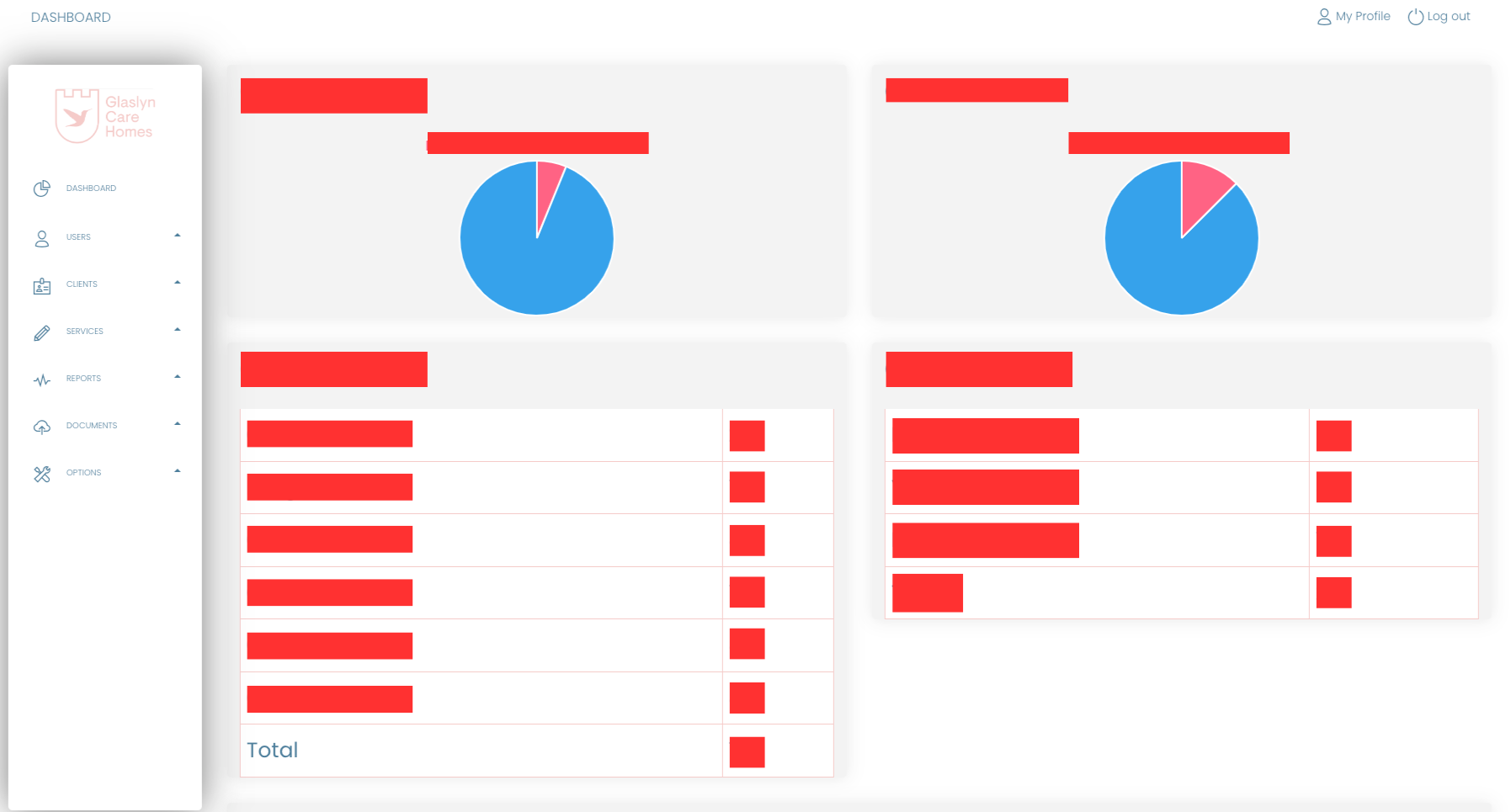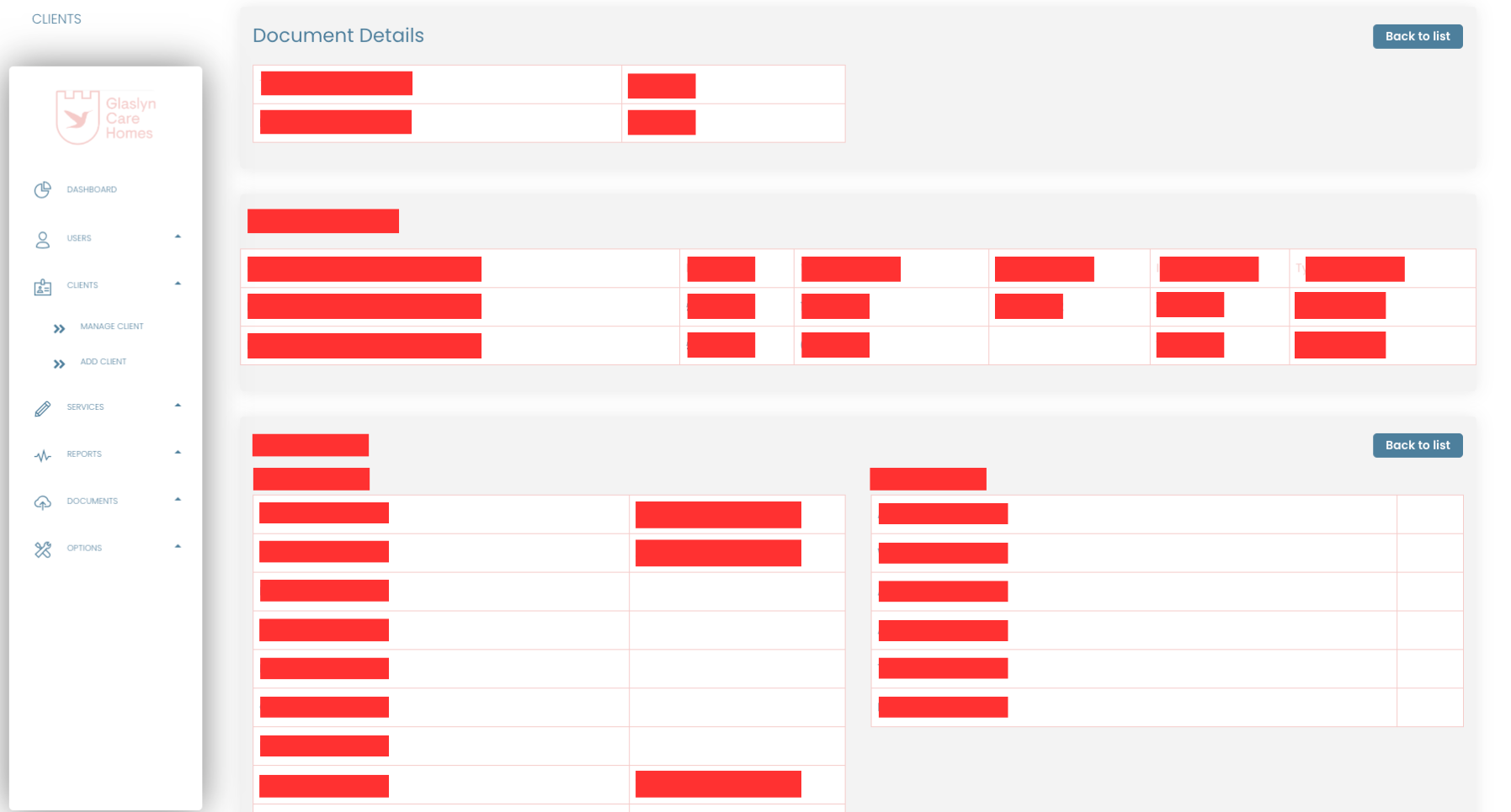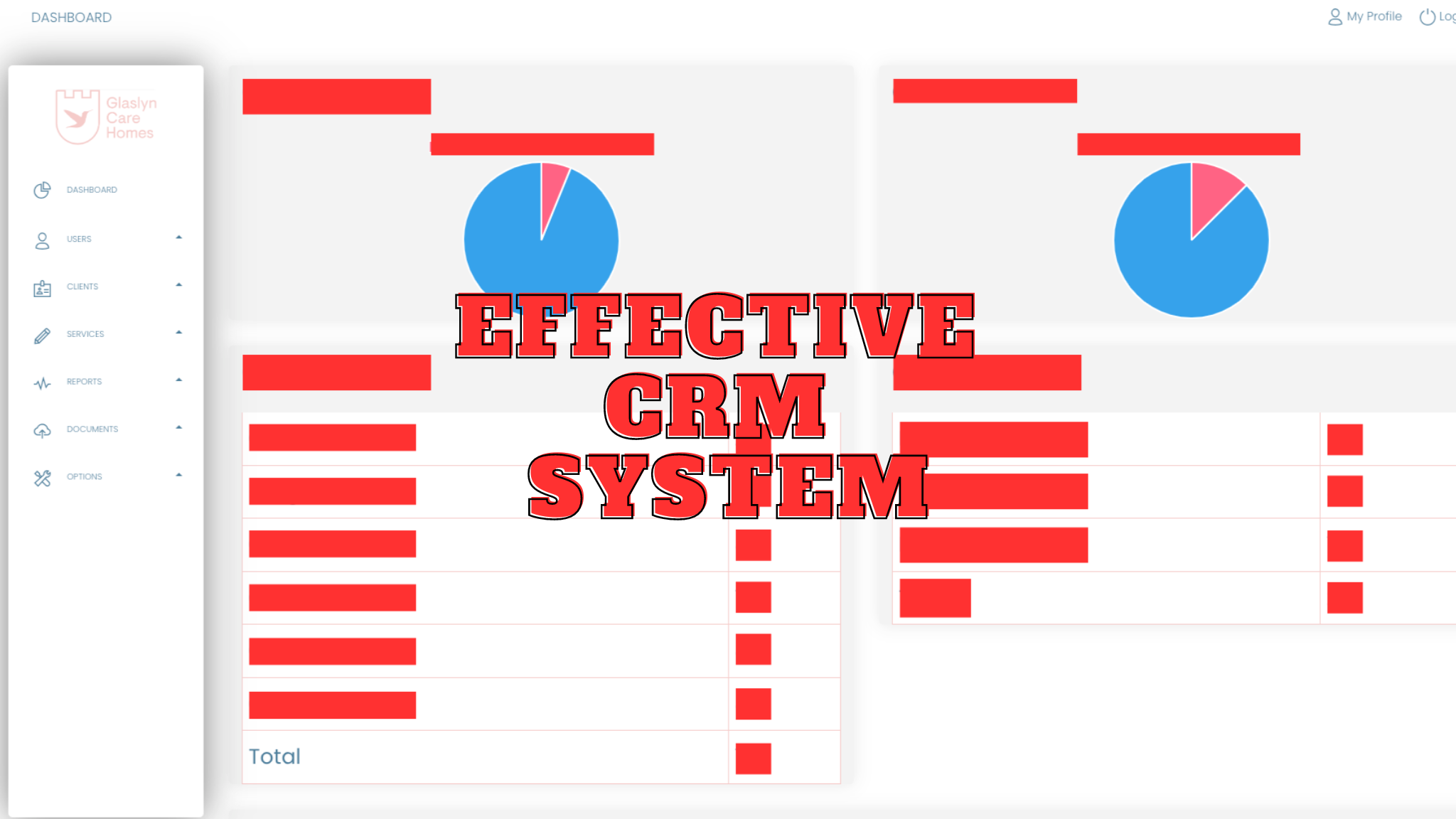Introduction
Creating a custom CRM system for your business can be a valuable investment, but it's essential to ensure that the system aligns with your specific needs and goals. Here are the key elements and considerations you should have in mind when planning a custom CRM system for your business.

Clearly Defined Objectives: Start by defining the specific goals and objectives of implementing a CRM system in your business. This could include improving customer relationships, increasing sales, enhancing customer support, or optimizing marketing efforts.
User Involvement: Involve key stakeholders within your organization, including sales, marketing, customer support, and management, in the planning and development process to ensure that the CRM system addresses their needs.
Customer Data Management: Decide what customer data you need to collect and manage. This may include contact information, purchase history, interactions, and any other data relevant to your business.

Lead Management: Develop lead management features that allow you to capture and qualify leads, assign them to sales representatives, and track their progress through the sales funnel.
Customer Interaction Tracking: Implement tools to track and log customer interactions, such as calls, emails, meetings, and support tickets. This helps in understanding customer history and needs.
Customization and Personalization: Design the CRM system to be highly customizable. This allows users to configure fields, forms, and workflows to match their specific requirements.
User Training and Support: Provide comprehensive training for your employees on how to use the CRM system effectively. Ensure that ongoing support is available for troubleshooting and questions.
Integration: Plan for integration with other business tools, such as email marketing software, e-commerce platforms, and accounting systems. A well-integrated system streamlines data sharing and improves efficiency.
Automation: Integrate automation features to streamline repetitive tasks and workflows. Automation can help save time and reduce human error.

Mobile Access: Consider the importance of mobile access to the CRM system. Ensure that it's accessible and functional on mobile devices for your employees who are often on the go.
Security and Privacy: Implement robust security measures to protect customer data and comply with relevant privacy regulations. Data access should be restricted to authorized personnel only.
Reporting and Analytics: Incorporate reporting and analytics features to track the performance of your CRM system. This data can help you make informed decisions and evaluate the success of your customer relationships.
Scalability: Design the CRM system to scale with your business. As your customer base grows, the system should handle increased data and user loads.

Feedback Loop: Establish a feedback mechanism for users to report issues and suggest improvements. Use this feedback to continually enhance the CRM system.
Documentation: Maintain comprehensive documentation for the system's architecture, data structure, APIs, and customizations. This is crucial for future development and troubleshooting.
Budget and Resources: Determine a budget for the development, maintenance, and support of the CRM system. Consider the resources, including personnel and technology, required to build and maintain the system.
Timeline and Project Management: Develop a timeline and project plan for building the CRM system, considering milestones and deadlines.
Compliance: Ensure that your CRM system complies with all relevant regulations, such as data protection laws and industry-specific standards.
Testing and Quality Assurance: Plan for thorough testing and quality assurance to identify and fix bugs and usability issues before deploying the CRM system.

Data Backup and Disaster Recovery: Establish regular data backup and disaster recovery procedures to safeguard against data loss.
Post-Implementation Evaluation: After the CRM system is deployed, continuously evaluate its performance and the achievement of your initial objectives. Make adjustments and improvements as needed.
Final Thoughts: Building a custom CRM system is a significant undertaking that requires careful planning and development. Consider collaborating with experienced developers or consultants who specialize in CRM systems to ensure that your solution aligns with best practices and addresses your business's unique needs.

Thanks for reading!
We hope these software development tips have helped to engage positive-thought for improving your business and online presence.
We are always happy to offer a free chat to discuss any potential projects you have in mind and provide a consultation on how our expertise can elevate your vision.
Blog written by John Lomax, Technical Director of D3 Digital.
https://www.linkedin.com/in/john-lomax/

